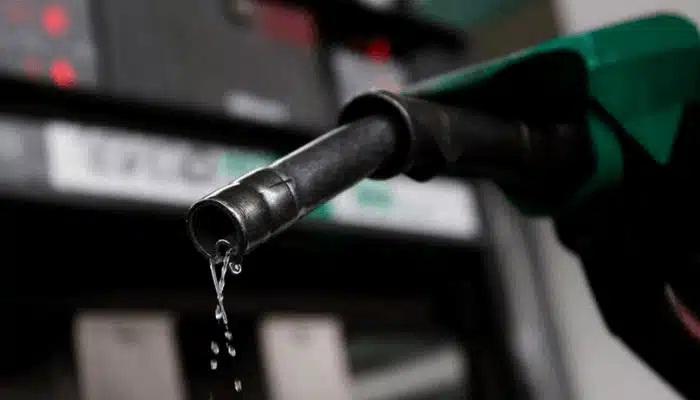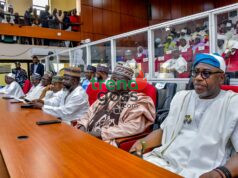A former National Operations Controller of the Independent Petroleum Marketers Association of Nigeria (IPMAN), Mike Osatuyi, has applauded President Bola Ahmed Tinubu for approving a 15% import duty on petrol and diesel, describing the move as a strategic masterstroke to safeguard Nigeria’s refining industry and attract long-term investment.
Speaking with the News Agency of Nigeria (NAN) on Sunday, Osatuyi said the policy would “strengthen local refineries, sustain modular plants, and restore investor confidence” across the downstream sector.
According to him, the tariff — approved on October 29 — may slightly raise the landing cost of imported fuel but will yield massive economic benefits such as job creation, revenue growth, and naira stability.
“This is not about raising government revenue. It’s about protecting local refineries and ensuring Nigeria becomes self-sufficient in fuel production,” Osatuyi stated.
He hailed the Dangote Refinery as a “national asset and pillar of energy security,” stressing that its 650,000 barrels-per-day capacity would soon make Nigeria an exporter of refined products.
Osatuyi also pointed to other key refinery projects — BUA Refinery (Akwa Ibom) and several modular plants like OPAC, Duport, Aradel Holdings, Waltersmith, Azikel, Ogbele, and Abia Refinery — describing them as crucial to achieving Nigeria’s refining independence.
The former IPMAN chief lamented the inefficiency of government-owned refineries in Port Harcourt, Warri, and Kaduna, noting that over ₦11 trillion had been wasted on maintenance since 2010 with no result.
“It is unpatriotic that Nigeria continues to pour billions into refineries that don’t work,” he said. “Private-led refining is the only sustainable path forward.”
Addressing fears of fuel scarcity, Osatuyi dismissed such concerns, assuring that the Dangote Refinery alone has enough storage and output to meet domestic demand and even export surplus.
He warned against marketers taking advantage of the new policy to inflate fuel prices and called on regulators to ensure transparency and fair play.
Commending Tinubu’s other reforms — including allowing local refineries to buy crude in naira — Osatuyi described the president’s approach as “patriotic and economically sound.”
“This 15% import duty is a courageous decision that protects our economic sovereignty and puts Nigeria first,” he concluded.






